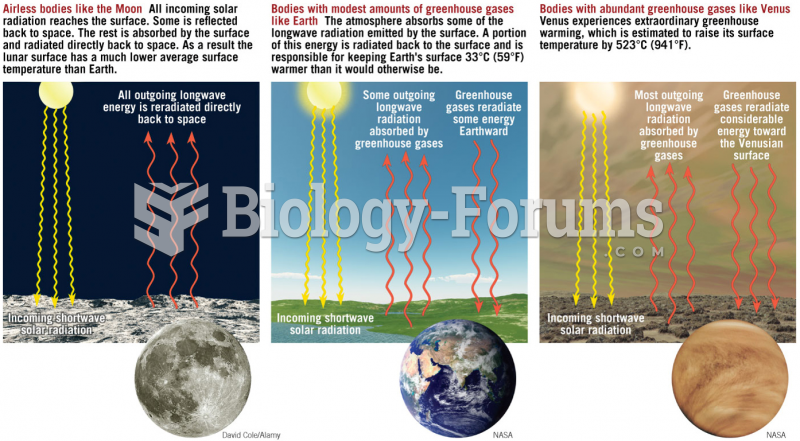|
|
|
If you could remove all of your skin, it would weigh up to 5 pounds.
In 1864, the first barbiturate (barbituric acid) was synthesized.
Cytomegalovirus affects nearly the same amount of newborns every year as Down syndrome.
Symptoms of kidney problems include a loss of appetite, back pain (which may be sudden and intense), chills, abdominal pain, fluid retention, nausea, the urge to urinate, vomiting, and fever.
There are major differences in the metabolism of morphine and the illegal drug heroin. Morphine mostly produces its CNS effects through m-receptors, and at k- and d-receptors. Heroin has a slight affinity for opiate receptors. Most of its actions are due to metabolism to active metabolites (6-acetylmorphine, morphine, and morphine-6-glucuronide).







